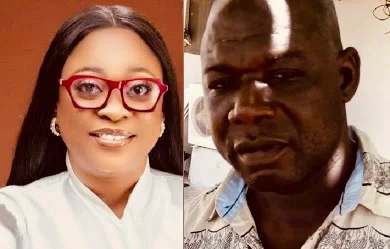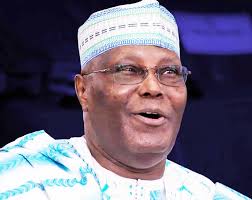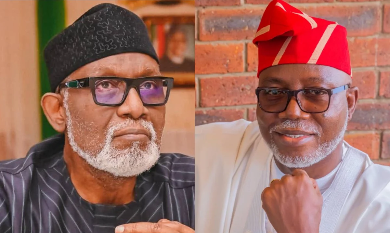In the latest legal development concerning the 2023 general election in Nigeria, the Supreme Court has upheld Bola Tinubu's election as the President of the country. This decision comes after challenging appeals by his major opponents, Atiku Abubakar of the People's Democratic Party (PDP) and Peter Obi of the Labour Party.
Atiku and Obi had originally sought to have the election results overturned, arguing that they should be declared winners instead. They approached the election tribunal to nullify Tinubu's victory as declared by the Independent National Electoral Commission (INEC). These appeals were dismissed, prompting them to bring their case to the Supreme Court.
At the Supreme Court, Atiku attempted to introduce new evidence of alleged forgery against Tinubu. However, the court dismissed this appeal on Thursday, citing that the issue of forgery was not part of the initial appeal presented at the tribunal, and the time allotted for filing new evidence had already expired.
Justice John Okoro further explained that the appellants did not apply for an extension of time or request to amend their appeal to include the issue of forgery, and even if they had, it wouldn't have been granted. He emphasized that the lower court, guided by the provisions of section 285 Sub 6 of the state constitution, had lost jurisdiction in dealing with the matter.
One of the arguments presented was that Tinubu couldn't be declared President as he had failed to secure 25% of the votes in the Federal Capital Territory (FCT). The Supreme Court upheld the decision of the Tribunal, which ruled that Abuja/FCT should be considered as the 37th state for the purpose of calculating the two-thirds majority needed to declare a presidential candidate as the election winner.
Regarding the electronic transmission of results, the Supreme Court ruled that the election couldn't be nullified due to the Independent National Electoral Commission's (INEC) failure to transmit results electronically. Justice Okoro stated that the absence of electronic result transmission (iREV) couldn't be used as grounds for election nullification, as it hadn't affected the overall election results.
Additionally, the Supreme Court dismissed an appeal by Peter Obi, who sought to disqualify Tinubu over the double nomination of Vice President Kashim Shettima. The justices noted that this matter had already been addressed in a previous Supreme Court judgment.
This recent Supreme Court ruling adds another chapter to the legal disputes surrounding Nigeria's 2023 presidential election. In May, the Supreme Court had previously dismissed a suit filed by the PDP, stating that the party lacked locus standi to bring the case to court.






.webp)



.jpeg)
.jpeg)
.jpeg)
.jpeg)


.jpeg)
.jpeg)
.jpeg)
.jpeg)
.jpeg)
.jpeg)
.jpeg)
.jpeg)
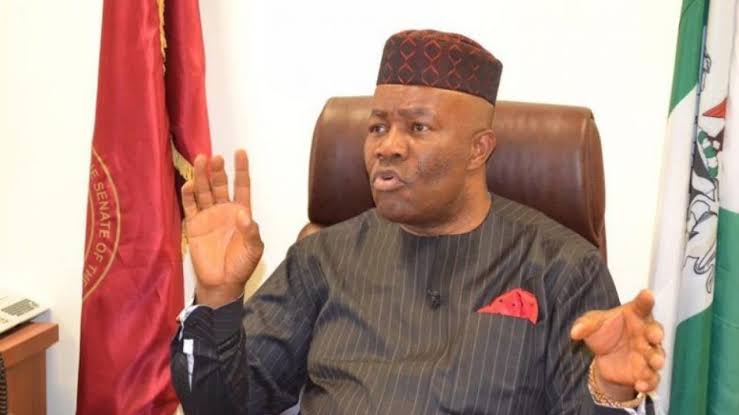

.jpeg)
.jpeg)




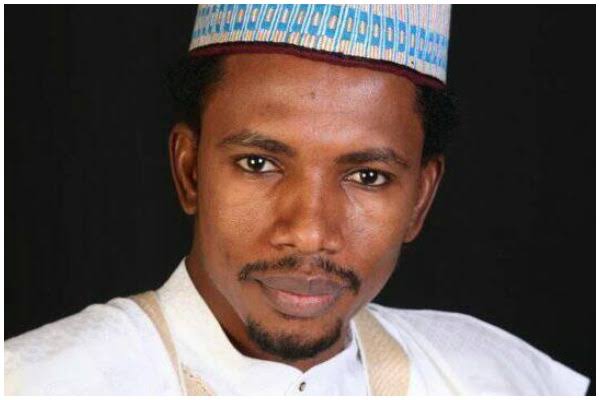

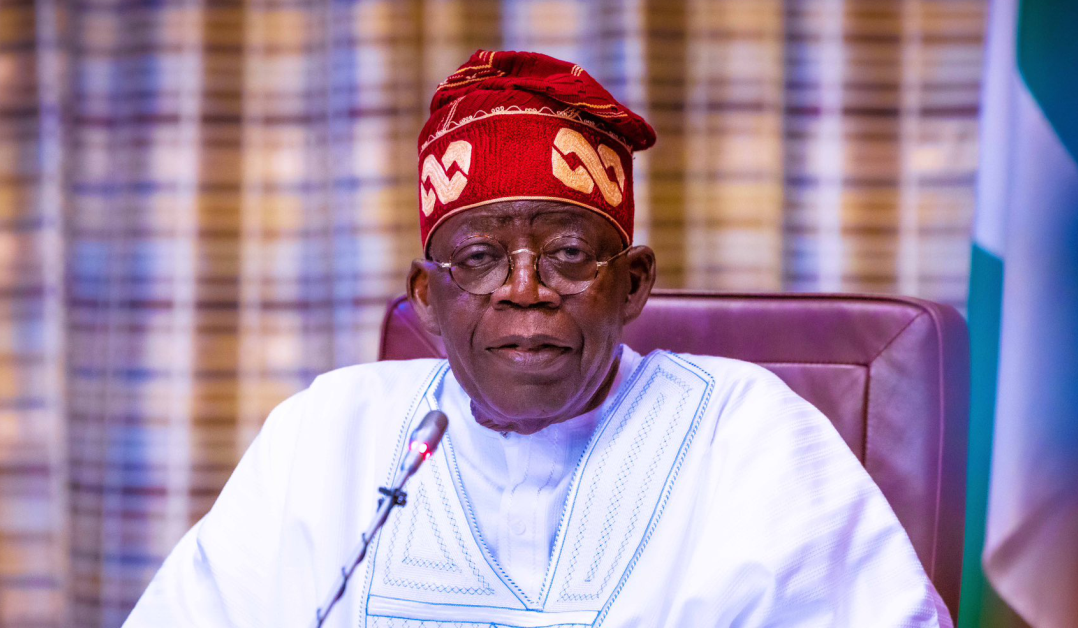

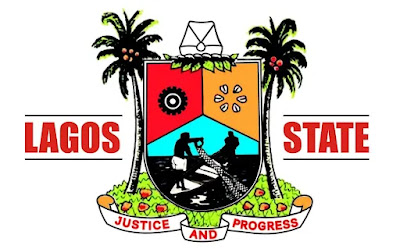


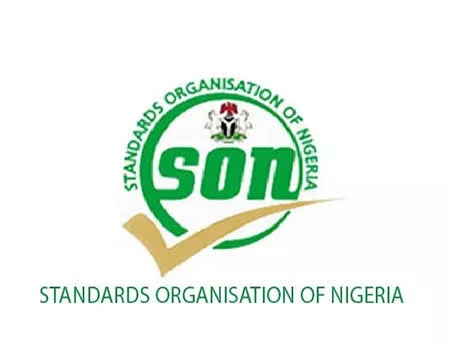
![BREAKING: President Tinubu appoints new media advisers [Full list]](https://blogger.googleusercontent.com/img/b/R29vZ2xl/AVvXsEjJcrWbnsICD6-j-SywV2SDYINZ4UtUFhwnTz5Ddr2KuKCQ4EwK7nRTsCg5TstaHKxGzEgWB2efGKxwQJk6dX7ystYGEj2MKU25uI5_3vSJHYSOSETVt9x-opYbISENPvEkBmS1wXNskPi9F9wcGQHd1uEchwXE39UKh4CZaALrtIlSbJIo8TkuViitlvoJ/s16000/IMG_8476.jpeg)
![BREAKING: President Tinubu appoints new media advisers [Full list] BREAKING: President Tinubu appoints new media advisers [Full list]](https://blogger.googleusercontent.com/img/b/R29vZ2xl/AVvXsEjJcrWbnsICD6-j-SywV2SDYINZ4UtUFhwnTz5Ddr2KuKCQ4EwK7nRTsCg5TstaHKxGzEgWB2efGKxwQJk6dX7ystYGEj2MKU25uI5_3vSJHYSOSETVt9x-opYbISENPvEkBmS1wXNskPi9F9wcGQHd1uEchwXE39UKh4CZaALrtIlSbJIo8TkuViitlvoJ/s16000-rw/IMG_8476.jpeg)

